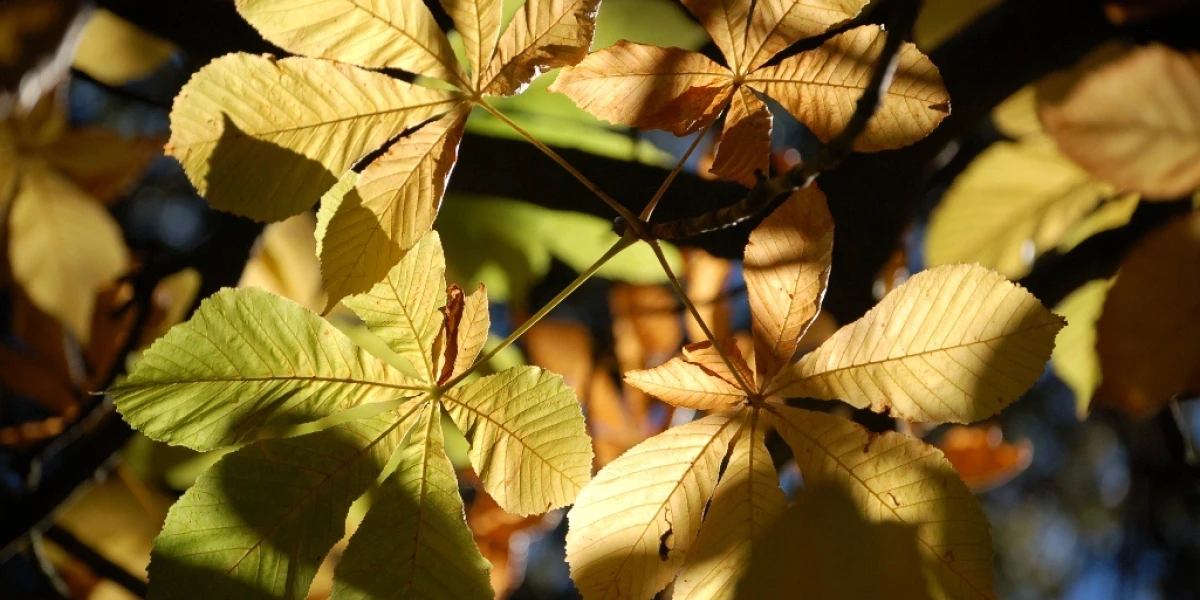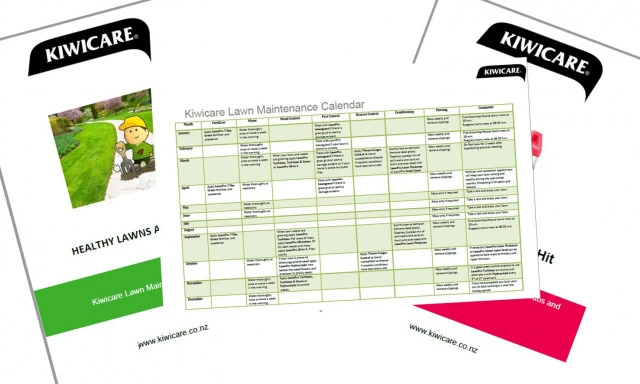OK. We are not plants and not many of us are green. I might be, pardon the pun, taking a leaf out of Stephen Fry’s QI logic, but we do have a similarity to one of the above. Let me explain………
What Do We Mean by Evergreen and Deciduous?
Evergreen
Evergreen plants retain leaves throughout the year. Most plants have green leaves and so they are ‘evergreen’. Plants with leaves of other colours are still called evergreen if they have leaves all year round.
Deciduous
Deciduous plants, on the other hand, seasonally shed all their leaves and are nude for a period. It is usually autumn that deciduous plants lose their leaves and stay nude through winter until new growth appears from buds in spring.
Why Lose Leaves?
You might ask – Why do deciduous plants lose their leaves in autumn? There is an overall benefit to some plants in losing all their leaves and remaining nude through winter:
Benefits
- Losing leaves reduces water loss at a time that water may be restricted or more difficult to absorb. Some trees in tropical forests will be deciduous and lose leaves in the dry season.
- Diseased, pest-infested and damaged leaves can be drained in nutrients then shed and replaced with healthy new growth in spring.
- Light levels are lower in winter and leaves would cost more energy to maintain than they would gain from photosynthesis (most deciduous plants live in temperate regions which experience the 4 seasons, spring, summer, autumn and winter).
- In colder regions frosts would damage or kill delicate leaf tissue.
Costs
- Deciduous plants cannot produce food when they are nude.
- New growth needs to be produced in spring.
Why Keep Leaves?
You might ask – Why do evergreen plants not lose their leaves? Answer - There is an overall benefit to some plants to keeping their foliage all year round?
In tropical and sub-tropical regions where there is not a winter season and light levels do not vary greatly and almost all plants are evergreen. But there are many evergreen plants that can retain their foliage throughout the year, even in very cold winter conditions, e.g. conifers in Arctic regions.
Benefits
- Evergreen plants can photosynthesise food throughout the year.
- Evergreens in temperate to Arctic regions often have leaves such as needles that reduce water loss and are protected from freezing damage by possessing natural antifreeze.
Costs
- Evergreens in cold regions may need leaf shapes that reduce water loss at the expense of not being as efficient at absorbing light for photosynthesis.
- In consequence, evergreens are often slow-growing.
Evergreens Do Lose Leaves!
- There is a misconception that evergreens do not lose leaves; they do. But they don’t lose them all at the same time. Instead, they lose older leaves continuously and continuously replace them with new leaves. This means that evergreens also get rid of diseased, pest-infested and damaged leaves that are replaced with healthy new growth.
OK. So back to Stephen Fry QI-like logic………we are evergreen, or should I say, ‘everhairy’. We normally have hair all year round and shed hair all the time and replace it with new hair all the time. Age balding and some other hair problems aside, this means that we appear to always have hair; like evergreen plants appear to always have leaves.
Give Your Nude Deciduous Trees and Shrubs a Winter Clean Up
As mentioned above, one of the reasons deciduous trees benefit from losing all their leaves and going nude is shedding diseased, pest-infested and damaged leaves. You can help the tree by clearing away the dead leaves and composting them before returning the compost to the roots of the tree. Then you can help by getting rid of the disease spores and pest eggs that will be lurking in the bark and buds of the tree ready to infect and infest the tree on bud burst in spring. Carry out an Organic Winter Spray Programme.
In frost-free weather prune and destroy dead, damaged and diseased parts of trees and shrubs. Then protect them from disease and pests using copper spray and Kiwicare winter protectants, Organic Super Sulphur and Organic Super Spraying Oil. Use them separately a few weeks apart. This will control fungal spores and insect eggs on the trees and prevent fungal diseases from entering through damaged parts of the plants. Spray again after any pruning and throughout winter.
David Brittain
Kiwicare


